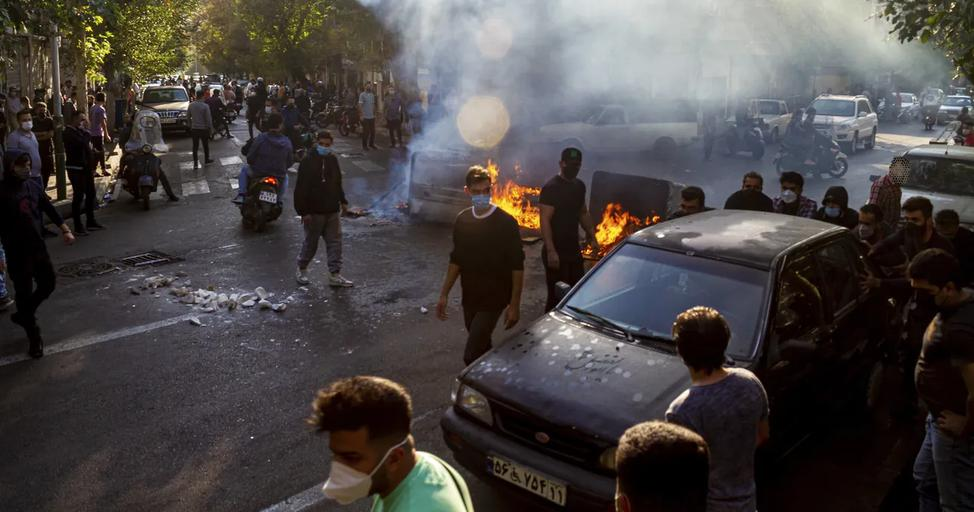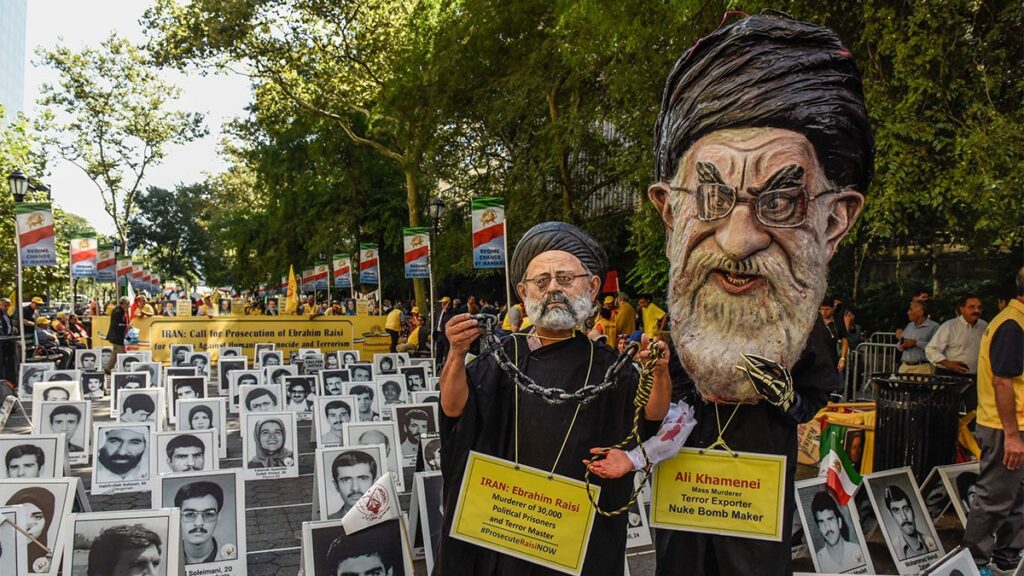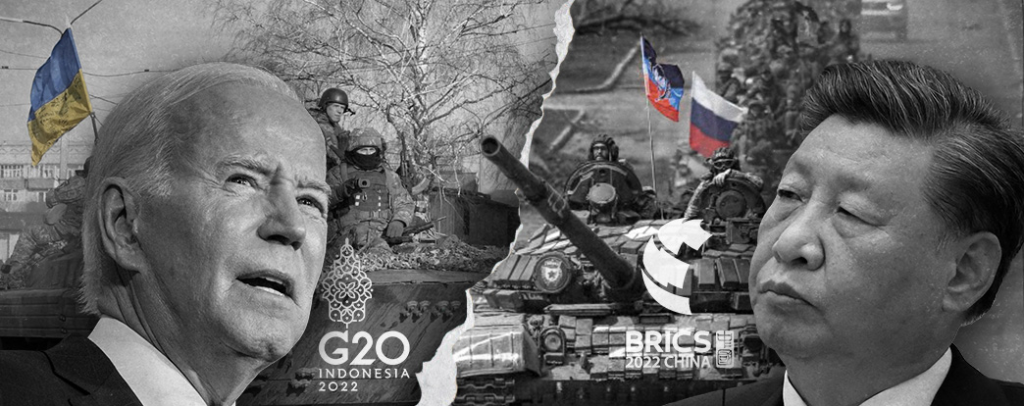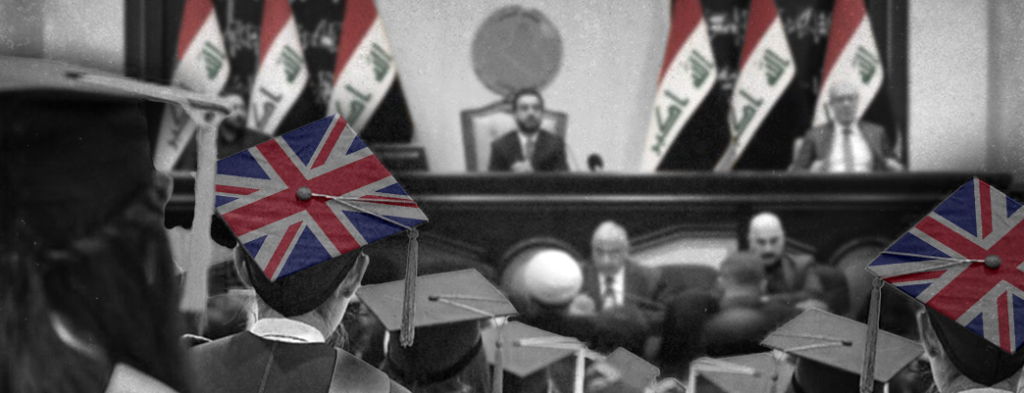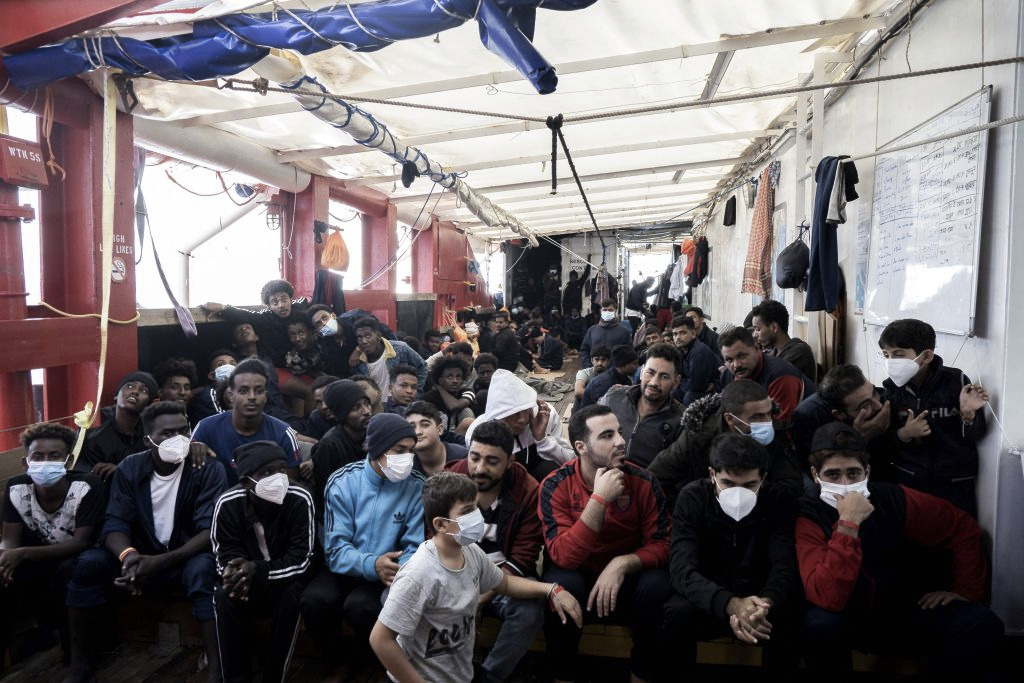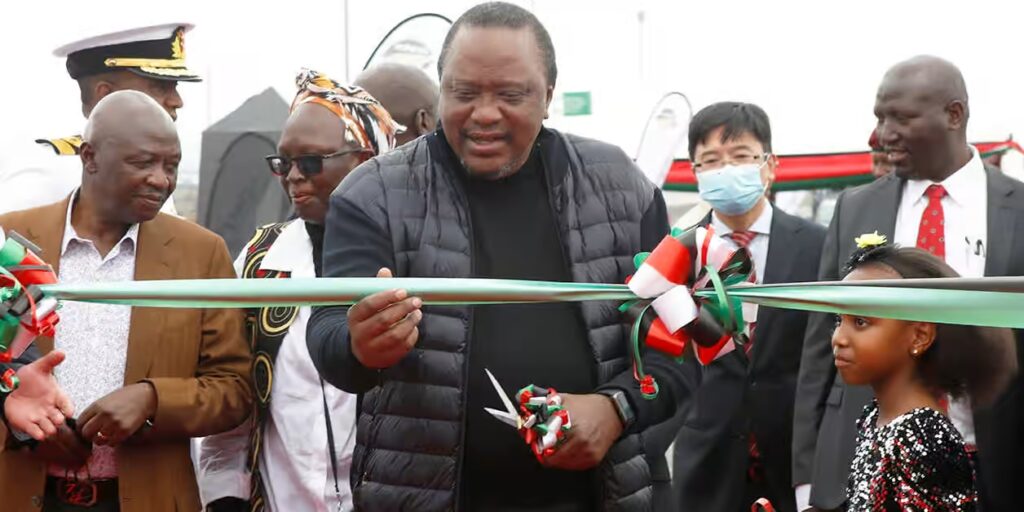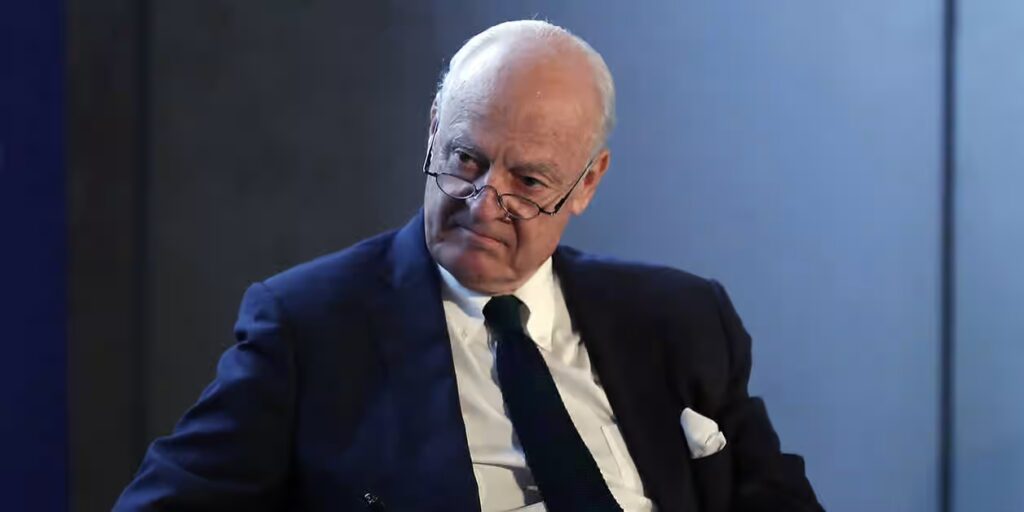Turkey launches ‘payback’ strikes against SDF in northern Syria
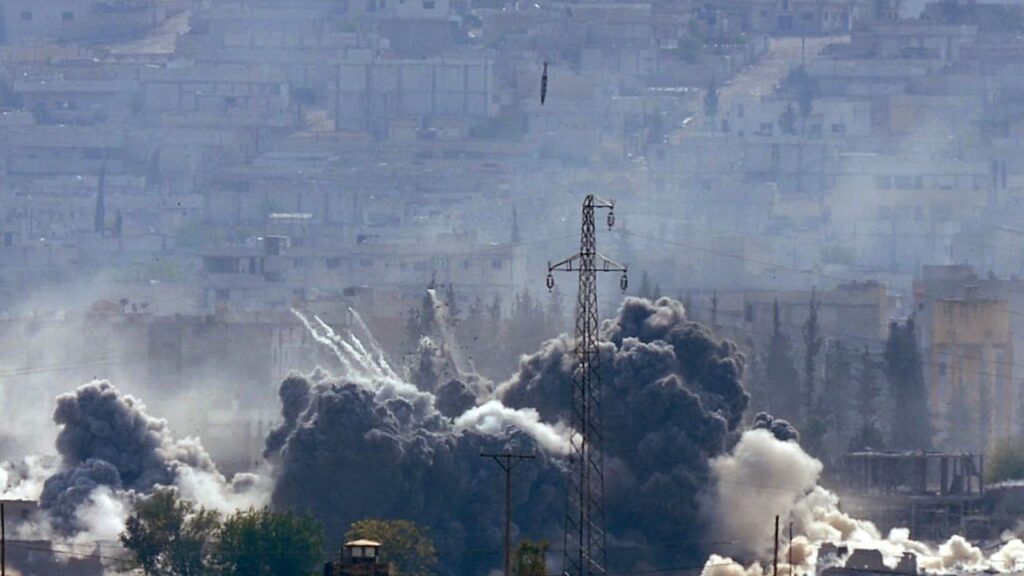
In what it called retaliation for the deadly Istanbul blast on 13 October, the Turkish military launched over a dozen airstrikes against Kurdish positions in northern Syria in the late hours of 19 November and into the morning of the next day, killing members of the US-backed Syrian Democratic Forces (SDF) and the Syrian Arab Army (SAA).

